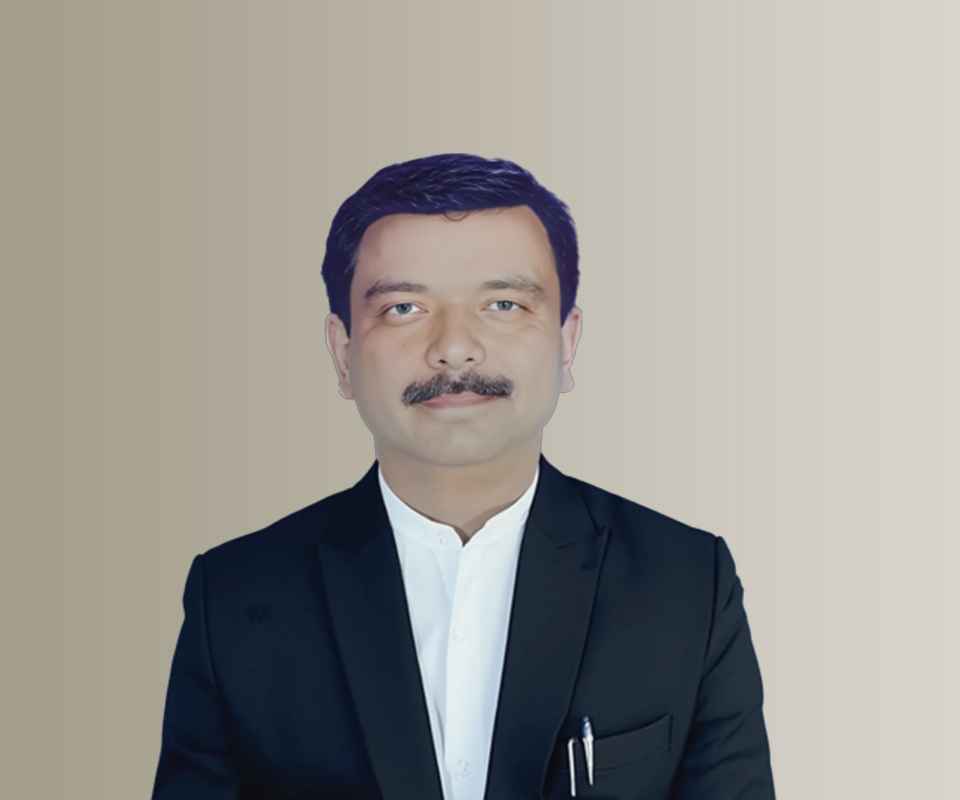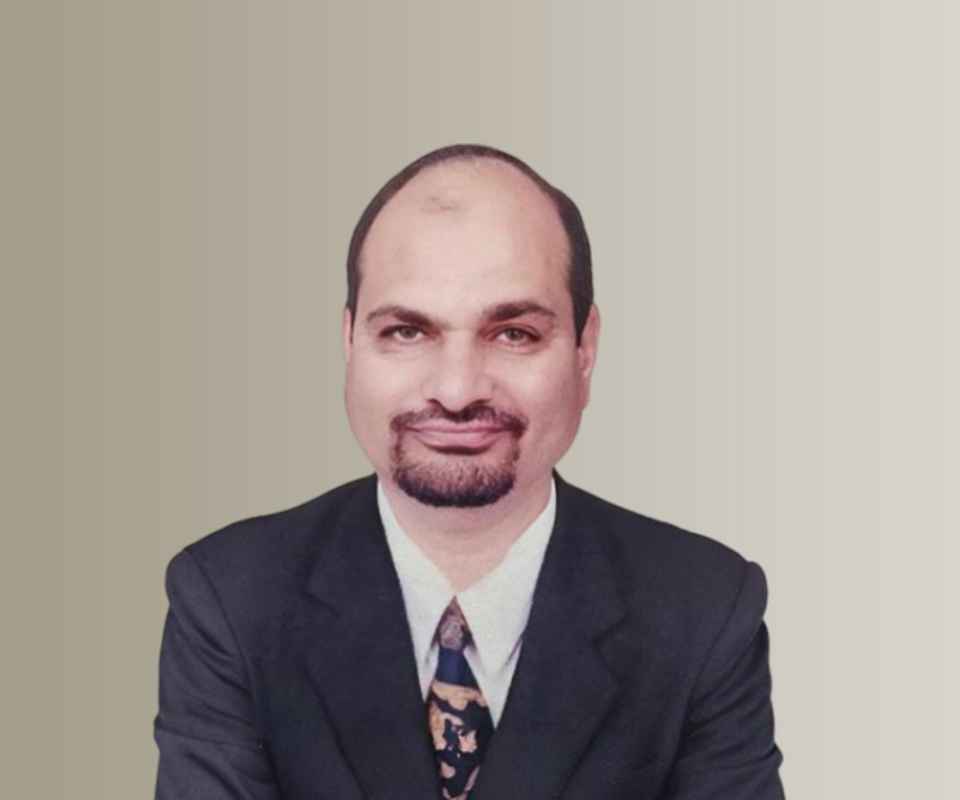Answer By law4u team
Maintenance refers to the financial support one spouse is obligated to provide to the other, and it extends to children or dependent family members in certain personal law frameworks. In India, maintenance laws differ significantly across various personal laws such as Hindu, Muslim, Christian, and others. Each set of laws outlines its own rules for maintenance, considering factors like marital status, income, and the needs of the spouse or children.
Maintenance under Hindu Law:
Under the Hindu Marriage Act, 1955, maintenance is provided to a wife during the subsistence of marriage, during judicial separation, or after divorce. Maintenance is determined based on the wife’s needs, the husband’s ability to pay, and their standard of living during marriage. Hindu law also extends maintenance rights to children and elderly parents under the Hindu Adoption and Maintenance Act, 1956.
Wife's Right to Maintenance:
A wife can claim maintenance even if she is not living with the husband, provided she is not living in adultery or has deserted the husband without reasonable cause.
Children’s Right to Maintenance:
Children, regardless of whether they are legitimate or illegitimate, have the right to maintenance until they reach adulthood or are capable of supporting themselves.
Maintenance under Muslim Law:
Under Muslim Personal Law, maintenance laws are quite different, with emphasis on the husband's responsibility to support his wife during the marriage. However, the law varies depending on whether the marriage is under Nikah or dissolution under Talaq.
Wife’s Maintenance:
A wife is entitled to maintenance during the marriage, and after divorce, she is entitled to a post-divorce maintenance called Iddat for a period of 3 months, which is meant to provide her with financial security before she remarries.
Children’s Maintenance:
A father is responsible for the maintenance of his children until they are able to financially support themselves, typically till they reach adulthood or are capable of earning.
Maintenance under Christian Law:
Christian personal law in India is governed by the Indian Christian Marriage Act, 1872, which provides for maintenance to a wife and children after a divorce or separation. However, unlike the Hindu law, the wife’s entitlement to maintenance is subject to her inability to support herself.
Wife's Right to Maintenance:
A wife can claim alimony or maintenance after separation or divorce under the Indian Christian Marriage Act. The amount is determined by the income of the husband and the wife’s needs.
Children’s Maintenance:
Children, especially minors, are entitled to maintenance from both parents under the Christian law.
Maintenance under Special Marriage Act:
The Special Marriage Act, 1954, which applies to interfaith marriages and marriages registered under this Act, has its own provisions for maintenance. Similar to Hindu law, the Act allows the wife or husband to claim maintenance after separation or divorce.
Maintenance Rights:
Either spouse can claim maintenance based on their financial needs and the ability of the other spouse to pay. The court considers factors such as the standard of living and financial capacity of the paying spouse.
Maintenance under the Criminal Procedure Code (CrPC):
Additionally, the Criminal Procedure Code (Section 125) provides a general provision for maintenance applicable to all individuals, regardless of religion, if they are unable to support themselves. Under this, a wife, children, and even parents may claim maintenance if they are unable to maintain themselves.
Wife’s Maintenance:
Even if the woman is living separately without divorce, she may claim maintenance from her husband under Section 125 CrPC, provided she is unable to maintain herself.
Children’s Maintenance:
The father’s obligation extends to providing maintenance to minor children under the CrPC, regardless of whether the parents are married or divorced.
Factors Affecting Maintenance Determination:
Income and Financial Capacity:
The ability of the paying spouse to support the other is a major factor in determining maintenance. A higher earning capacity results in higher maintenance.
Standard of Living:
Courts generally seek to maintain the standard of living enjoyed during the marriage, considering the expenses of the spouse and children.
Needs and Dependent Status:
The claimant's need for maintenance and their dependency on the other spouse are key considerations.
Duration of Marriage:
A longer marriage may lead to a higher maintenance amount, as there may be a stronger expectation of continuing support.
Health and Disability:
If the spouse or children have health problems or are unable to earn, the maintenance amount may be higher.
Example:
Hindu Law Example: A wife who is divorced under the Hindu Marriage Act is entitled to monthly maintenance from her husband, which may include alimony and maintenance for children if the husband is the primary earner.
Muslim Law Example: A wife divorced under Talaq is entitled to maintenance for a period of Iddat (three months) to ensure she is financially secure before remarriage.







